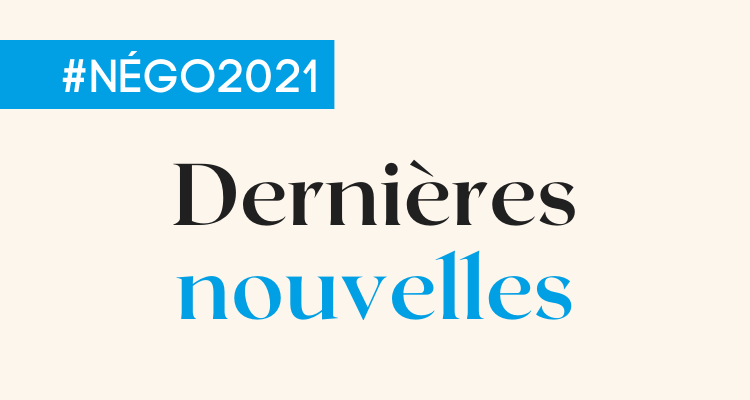
FIQ and FIQP delegates have grown impatient
Given the stalled negotiations and impatience of healthcare professionals who are demanding significant changes in their pay conditions, FIQ and FIQP delegates at a virtual provincial council took the next step. They adopted a recommendation to hold, at an appropriate time, local general assemblies to obtain a strike mandate that could lead to an unlimited general strike if new salary offers aren’t quickly put on the bargaining table.
After the motion on striking was passed, FIQ President Nancy Bédard made the following statement:
“Negotiations with nurses, licensed practical nurses, respiratory therapists and clinical perfusionists are not over! The premier publicly stated that he gave us a differential offer. The truth is that after 18 months negotiations are still at the same point at the bargaining table. Given that the government has made no effort to guarantee that healthcare professionals will be a priority, we have taken the next step toward obtaining a strike mandate. Healthcare professionals do not want to have to reject the 5% salary increase over three years that is currently on the table for a fourth time. This offer does not meet our top demand—to recognize our members’ expertise, professional independence, and accountability. The government needs to take this seriously and do more for healthcare professionals.
At our meeting in early May, the premier set out his timeline, giving two to three weeks to settle negotiations. Even at today’s press conference he said that negotiations are progressing. That’s not what is happening at the table. Time is running out to prepare the health network and tackle the dire shortage of healthcare professionals, which is depriving the population access to the essential care and services they are entitled to. We cannot afford to stretch negotiations beyond the end of the parliamentary session. We ask the employer party to honour the premier’s word and step up meetings, in particular to enhance its offer to conclude negotiations.”
Negotiation highlights
- The FIQ is demanding a 12.4% increase over three years, including a 7.4% wage catch-up to ensure salary recognition for its members and to serve as leverage to fight against the shortage and attract young professionals who will soon finish their studies, in addition to keeping our members’ expertise, and hopefully bringing back those who left the network for agencies, due to the lack of attractive working conditions;
- The government has not put any real offers on the table to improve the working conditions of healthcare professionals who work in remote regions, where the labour shortage is even more alarming;
- The FIQ obtained the right to strike in mid-February by meeting two essential conditions: to obtain rulings from the Administrative Labour Tribunal (TAT) regarding which essential services to maintain in the event of a strike; and the report from the mediator appointed by the Ministry of Labour;
- The FIQ reached a tentative agreement on the sectoral matters, i.e., its members’ working conditions, on December 8, 2020.